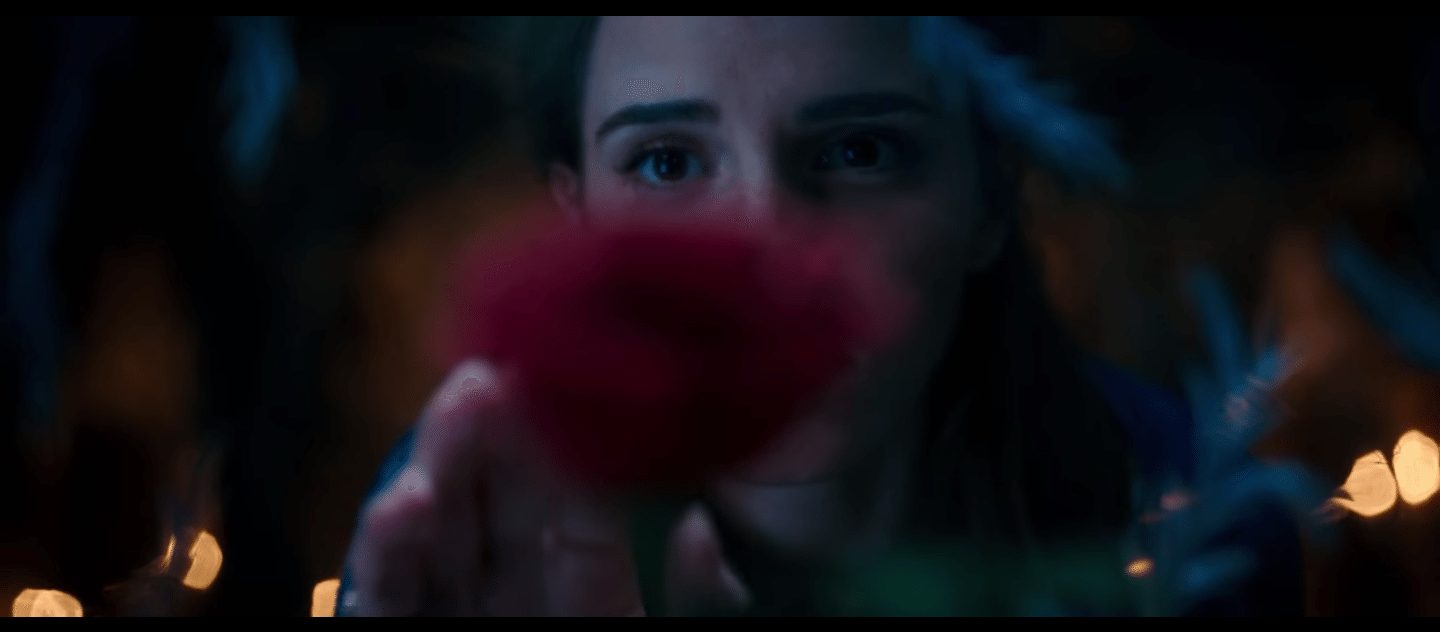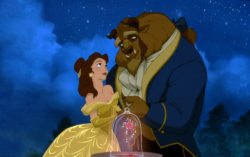Beauty and the Beast: Are fairytales still relevant?
The new Beauty And The Beast teaser trailer is out and it has stirred up the internet. Directed by Bill Condon and starring Emma Watson as Belle, it received an impressive response, breaking records and out-shining the much anticipated second Star Wars trailer from 2014 which reached a record breaking 88 million views. Beauty and The Beast, almost a year before its release, topped this with 91.8 million views in 24 hours of its release, with the film set to release on the 17 March 2017.
So, are modern audiences beginning to denounce the concept of a tiny-waisted women being saved by ‘Prince Charming’?
The recent onslaught of Disney princess live action remakes has made us question whether fairy tales are still relevant in today’s society when only one Disney princess movie, Frozen, has made it in to the top ten highest grossing animated movies (based on animations made since 1980). So, are modern audiences beginning to denounce the concept of a tiny-waisted women being saved by ‘Prince Charming’? Is it not only impractical but boring and repetitive too?
These characters still draw strongly from traditional gender roles and expectations with characters flourishing at domestic tasks such as cooking, cleaning and being locked away in some kind of tower.
It would make sense then that Disney Princesses, in recent years, have focused on slightly stronger and more diverse characters such as Mulan, Tiana from The Princess Frog, and arguably Rapunzel and Elsa from Tangled and Frozen. However, these characters still draw strongly from traditional gender roles and expectations with characters flourishing at domestic tasks such as cooking, cleaning and being locked away in some kind of tower.
Even if fairy tales are no longer relevant they will still generate an audience because of the audience’s familiarity with the plot and characters.
Although Disney’s Princesses are not the only kind of fairy tale we can’t forget the countless remakes and re-imaginings Disney’s selection has spawned. For example, teen movies such as Beastly and A Cinderella Story and less direct references such as Edward Scissorhands. Even if fairy tales are no longer relevant they will still generate an audience because of the audience’s familiarity with the plot and characters. If a soundtrack is altered, or even worse excluded, from a remake – or sequel, there is uproar. They may not be relevant, particularly to an adult audience, but they are demanded.
Despite this repetitiveness these nostalgic story lines provide the ideal blueprint for influencing social change and diversity. Going back to Star Wars, the casting of Daisy Ridley and John Boyega caused both anger and excitement, often in response to the reasonably diverse casting. Yet, the movie is the third highest grossing of all time, just after Avatar and Titanic (notably, Frozen comes in at number nine).
They may not be relevant, particularly to an adult audience, but they are demanded.
Almost all of the top 50 highest grossing films are part of a franchise, or remake and there has been a significant shift in the popularity of Superhero movies (are they the new fairy tale?), with Marvel dominating box office numbers meaning that with a guaranteed audience, studios have the ability to change who we are seeing on screen and the kind of values or moral codes we believe in.
So yes, fairy tales are still relevant because they are easy to market and generally their moral codes are noble. But that doesn’t mean they are always right. Most fairy tales were originally created in an era vastly different to our own, they lack diverse roles, beliefs and experiences. Somehow, this lack of racial, gender and sexual diversity has lasted for decades and even centuries despite contradicting cultural evidence, and this is simply because we keep watching it.
With a guaranteed audience, studios have the ability to change who we are seeing on screen and the kind of values or moral codes we believe in.
So if fairy tales are here to stay, and there’s no reason they shouldn’t be, they need to stop disguising their ‘strong female characters’ as frogs and men. Hopefully, Beauty and the Beast will utilise Belle’s personality, intelligence, and kindness to progress the relevance of fairy tales and princesses, but even if it doesn’t, everyone will watch it anyway.


Comments (1)
this article is a confusing mess and is superficial unto itself. the reason why is not because of familiarity but because these fairytales are the definition of timeless. beauty and the beast is less about belle and the beast but more about the beast gaining his humanity back through affection…and still would have worked even if the beast in the ending never turned human again